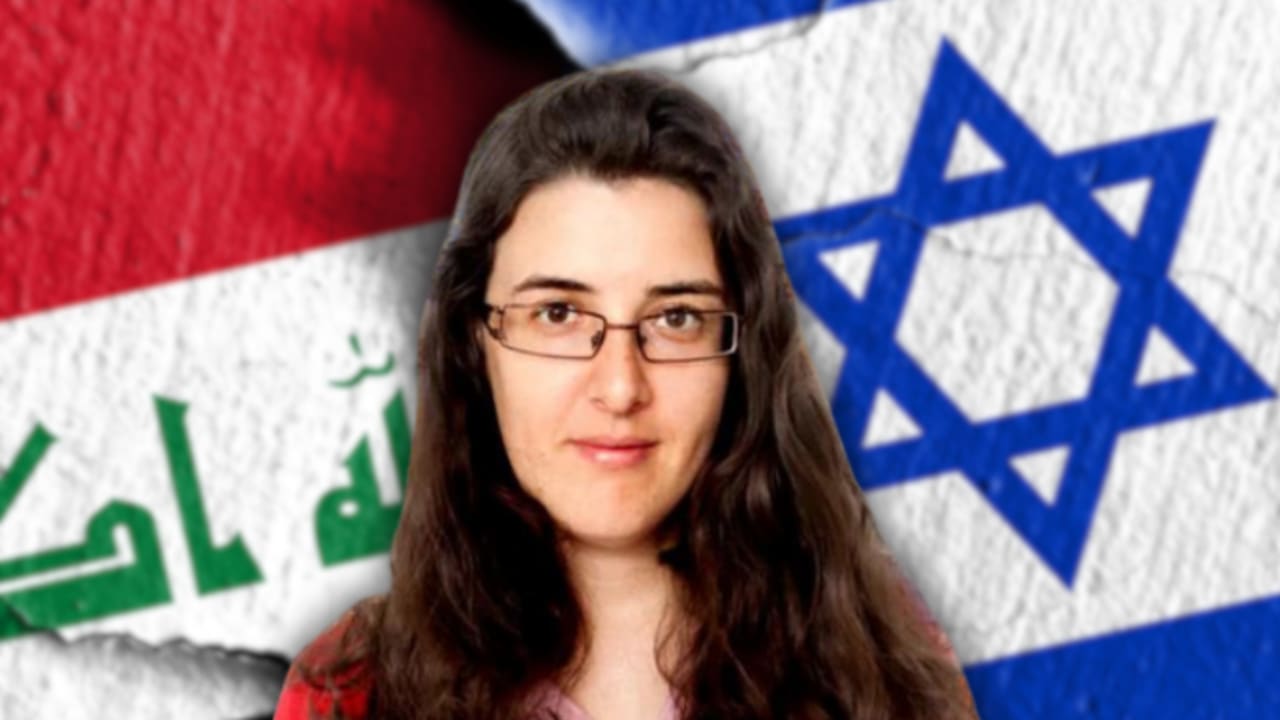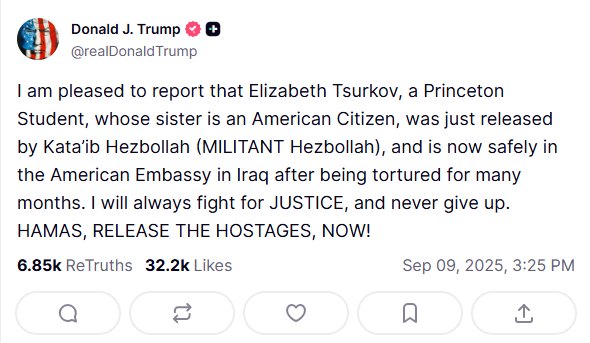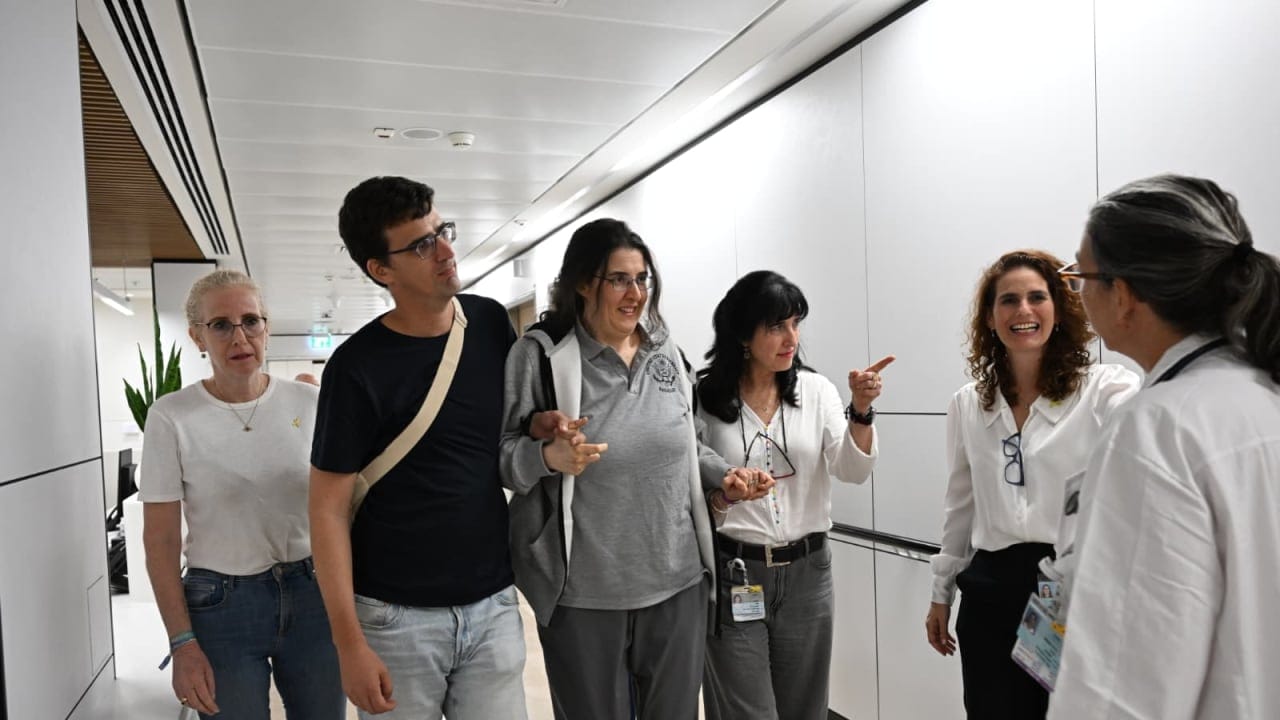After 903 days in captivity in Baghdad, Russian-Israeli researcher Elizabeth Tsurkov has been released. Her story illustrates how human rights, academic freedom, and international diplomacy intersect in contemporary conflicts. The case also highlights the urgent need to protect researchers and coordinate human rights efforts globally.
Baghdad, Iraq – Sep 12, 2025 (Freedom Person)
In September 2025, after spending 903 days in captivity in Baghdad, Middle East policy researcher Elizabeth Tsurkov was released. She holds both Russian and Israeli citizenship. Her abduction in March 2023 by the Shiite militia group Kata’ib Hezbollah became an international incident, drawing in the interests of the United States, Israel, Russia, and Iraq. Tsurkov’s release exemplifies how human rights, academic freedom, and geopolitics are closely intertwined in contemporary conflicts.

Biography and Work
Elizabeth Tsurkov was born in Leningrad and emigrated to Israel as a child. She is known as a Middle East policy researcher, fluent in Arabic, and has spent many years working in Syria, Iraq, Jordan, and Palestine. She has been published in The New York Times, Haaretz, and Foreign Policy, and collaborated with research institutions, including the New Lines Institute. Her main areas of work include refugee rights, the situation of minority communities, and the analysis of armed movements.
Release
The central role in Tsurkov’s release was played by U.S. diplomatic efforts. Donald Trump posted on his social media platform Truth Social that Tsurkov was at the American Embassy in Iraq.

Other actors involved in the process included Qatar, Turkey, and the Iraqi government. Each party pursued its own interests; however, the shared goal — the safe return of the hostage — was achieved through a combination of pressure and mediation.
Russia, despite Tsurkov’s Russian citizenship, was largely absent from the negotiations.
The Iraqi government and its security services were actively involved, and Prime Minister Mohammed Shia al-Sudani publicly confirmed the country’s participation in the operations leading to her release. Israel acted through intermediaries; its role was less public but significant in the final phase of negotiations.
A powerful catalyst was the effort of Tsurkov’s family. Her sister, Emma, residing in the United States, led an active campaign, drawing the attention of human rights organizations, media, and policymakers. An important partner was the nonprofit organization Global Reach, which advocates for the return of Americans wrongfully detained abroad. This campaign sustained international pressure and underscored that behind every case are real human lives.

Significance for Human Rights Advocates
This case revealed several trends of direct relevance to human rights defenders and researchers:
-
Growing threats to civil society. Tsurkov was abducted not as a military or diplomatic actor, but as a researcher. This demonstrates that humanitarian and academic activities can be perceived by armed groups as a threat or as leverage in negotiations.
-
Politicization of human life. Her release became the subject of multilateral negotiations, where the value of an individual life was considered through the lens of regional security and geopolitics. This is a troubling signal that humanitarian principles are increasingly subordinated to political calculations.
-
Responsibility of universities and NGOs. International academic and human rights institutions must strengthen protections for researchers and volunteers, including training for work in high-risk areas and the development of crisis protocols.
-
Need for international coordination. The successful release was only possible due to the cooperation of multiple states and organizations. For human rights actors, this underscores the importance of solidarity networks capable of rapid response in crisis situations.
The story of Elizabeth Tsurkov is not only a personal tragedy and a fortunate release after 903 days in captivity. It is also a lesson for the international community: human rights and academic freedom remain under threat as long as states and armed groups treat individuals as instruments of leverage. For human rights advocates, this case should serve as a basis for developing new strategies to protect those working on the front lines of humanitarian and academic engagement.
By Victor Green for Freedom Person


